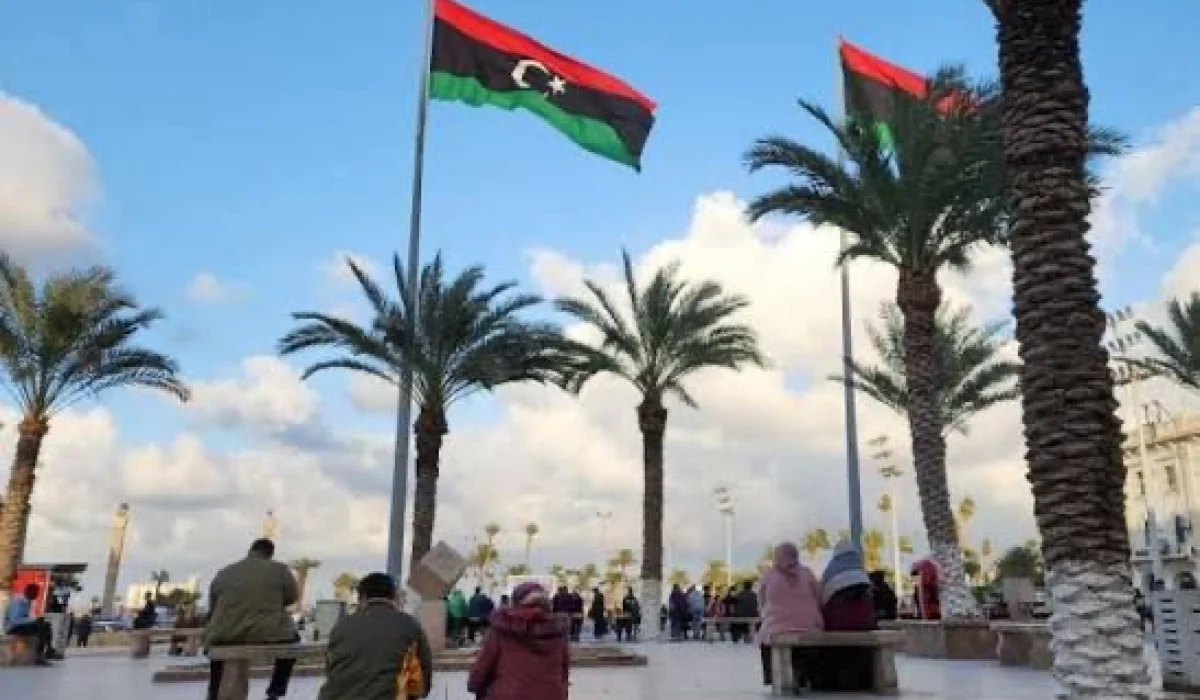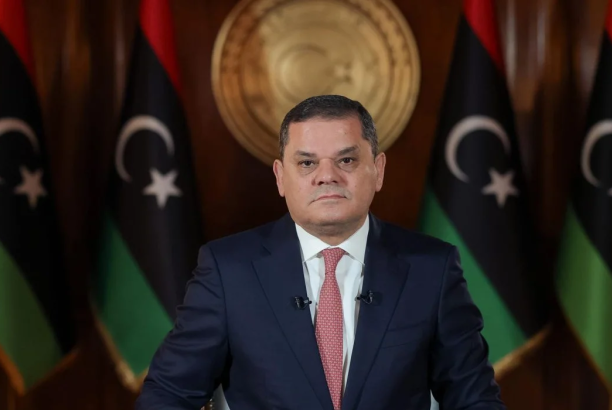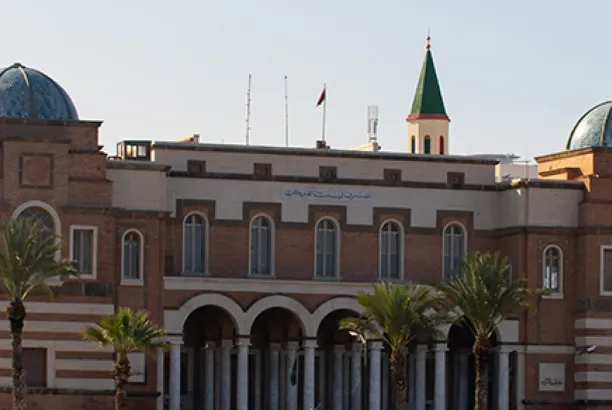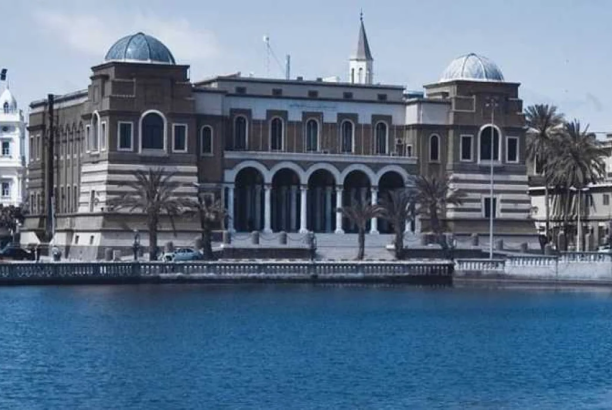Economic affairs analyst Rafi Al-Shawesh wrote that when revisiting the principles of governance for state-owned enterprises, seven core principles emerge, which—if fully implemented—would ensure optimal investment outcomes.
Among the most important are three:
- Defining the role of the state as owner.
- Ensuring the effectiveness of boards of directors.
- Establishing a specialized ownership entity that manages state assets with high efficiency and professionalism.
Al-Shawesh noted that the main challenge in Libya lies in the legal framework, particularly the commercial companies law, which treats the general assemblies of these enterprises as the owners, while the real owner should be the relevant government sector or state authority.
He pointed to a missing legal link between these assemblies and the supervisory ministries or governing bodies that should represent the state. By contrast, in Egypt this role is played by the Ministry of Public Enterprise Sector, while in Saudi Arabia it is handled by the Investment Authority.
Such bodies oversee performance indicators, financial models, unified systems, appoint independent members to general assemblies, and collect and analyze company data for submission to the government and parliament.
However, Al-Shawesh argued that creating a similar body in Libya under current conditions would fail, since the political authority responsible for oversight—the parliament—is dysfunctional and paralyzed, much like other sectors such as health and education.
He concluded that Libya is currently in a state of chaos and conflict over power and resources, where wealth is being plundered. Meaningful governance reforms, he stressed, will only be possible once stability is restored and institutions capable of enforcing the rule of law are built.






